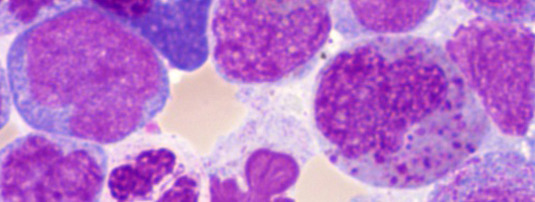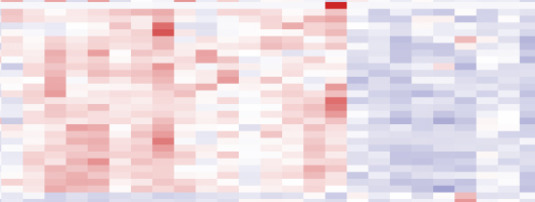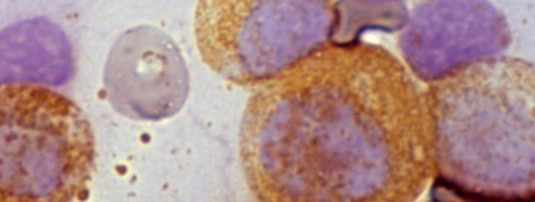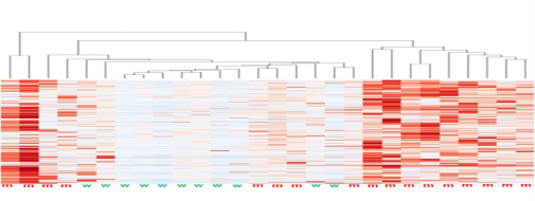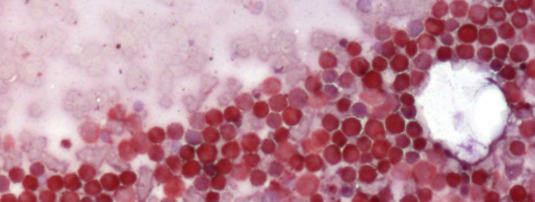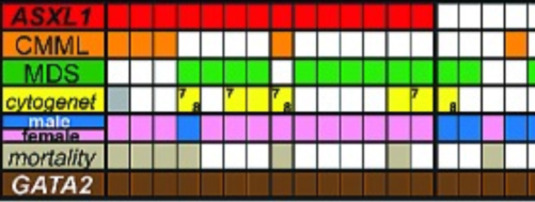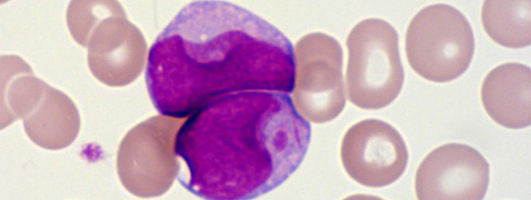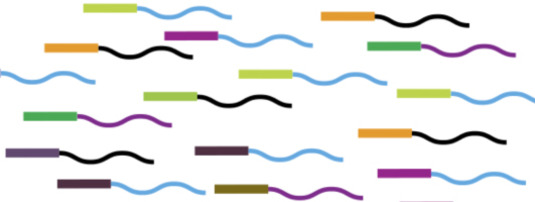SFB 1243: Genetic and Epigenetic Evolution of Hematopoietic Neoplasms
Over the past decades many mechanisms and pathways of tumor formation have been elucidated, which has led to efficient targeted therapies to treat cancer. Nonetheless, the frequent emergence of resistant tumor cells constitutes an immense clinical challenge.
It is therefore necessary to study the underlying process of mutation and selection in an evolutionary framework to better predict and treat cancer progression. Recent technological developments, such as high-throughput sequencing, single cell genomics and genome engineering, now open unprecedented possibilities to study cancer evolution and its molecular mechanisms. Hematologic neoplasms such as leukemias and lymphomas are well suited to study cancer evolution because intact cells can be sampled and studied in detail during disease progression.
While genetic alterations at diagnosis have been studied in detail, much less is known how genetic and epigenetic alterations dynamically interact to shape the disease phenotype at diagnosis and lead to a relapse after therapy. We want to study the different aspects of cancer evolution, in particular the poor prognosis of acute myeloid leukemia and indolent lymphomas, with an interdisciplinary approach. We will study the molecular mechanisms, measure the evolution of genetic, epigenetic and transcriptional heterogeneity in patients, mice and cellular systems and will use computational models to quantify relevant parameters.
The close collaboration of clinicians, molecular biologists, population geneticists, computational and evolutionary biologists should result in a basic understanding of the evolutionary dynamics of tumors. This interdisciplinary CRC should with an evolutionary guided approach contribute to the development of better diagnostics, predictions and finally treatment options for cancer patients.



